Stories Like the Groveland Four Are Why R. Kelly Has Gone Unpunished
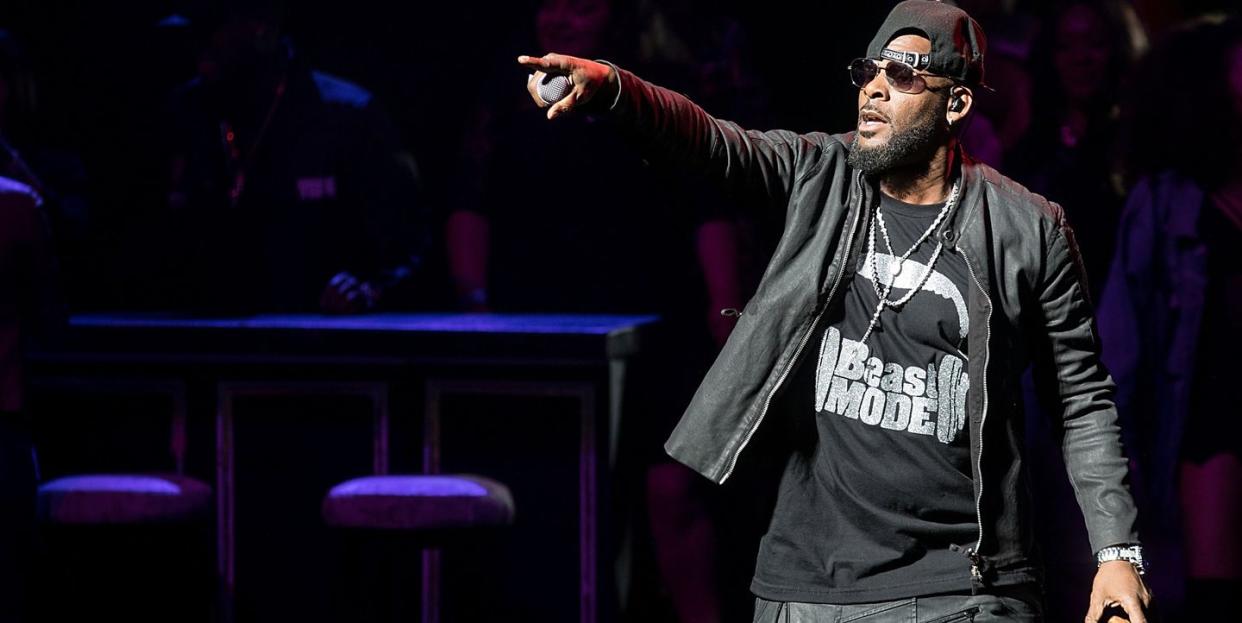
Earlier this month, nearly two million people watched Lifetime's Surviving R. Kelly. The series offered so thorough an accounting of the allegations against Kelly that it seemed impossible to understand how he not only stayed out of prison, but maintained a largely black fan base in the face of a mountain of evidence suggesting he is a serial assaulter of black women and girls. And then just a week after the show aired, another story made the news, one that offered some explanation for how the allegations against Kelly came to be overlooked by his fans: the story of the Groveland Four.
Here's what happened to the four men falsely accused of raping a white woman near Groveland, Florida, in 1949. First, Ernest Thomas was hunted through the swamplands by a 1000-strong white mob and murdered. The Groveland second and third were being transported to a hearing after their initial rape conviction was overturned by the Supreme Court when the sheriff driving them pulled over and shot the handcuffed men. Samuel Shepherd died by the side of the road; Walter Irvin, shackled to him, played dead, having been shot three times. He was later convicted of the crime once again, served 17 years of a life sentence, and died a year after his 1968 parole. The fourth and youngest, 16-year-old Charles Greenlee, was also re-convicted, and paroled in 1962. He lived until 2012.
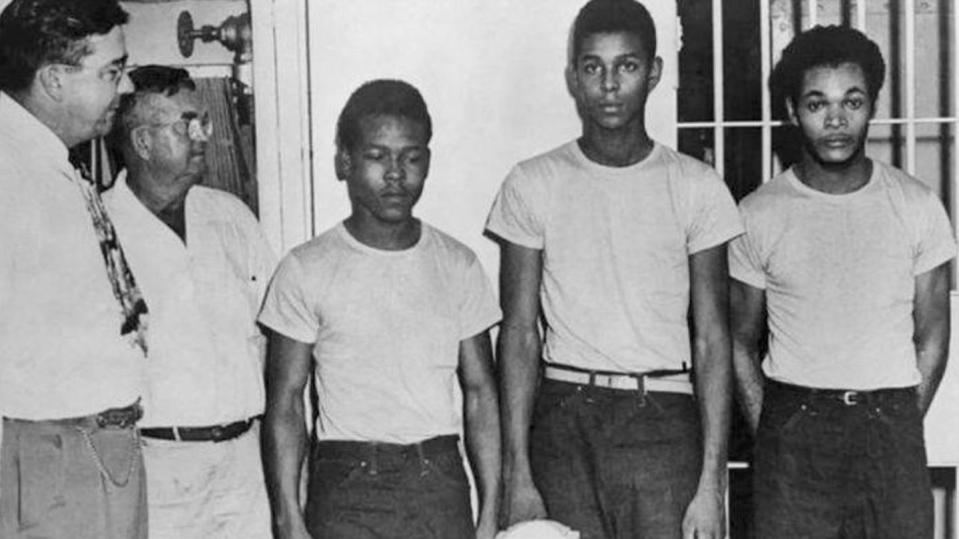
Every now and then a story like this catches national attention-an injustice perpetrated against long-dead black Americans corrected too late to offer anything but faint comfort to their descendants. The Scottsboro Boys, falsely accused of raping two white women in 1931, were pardoned in 2013, nearly 30 years after the last of the nine men died. And now the Groveland Four have similarly been vindicated in a symbolic repudiation of bad-old-days America that was absolutely necessary, even if it is far too little and much too late.
The contrast between their story and that of R. Kelly couldn’t be more striking. Despite an abundance of exculpatory evidence, including airtight alibis and a lack of any proof that a rape occurred, the Groveland Four were convicted, tortured, and murdered or imprisoned. Despite the accounts of multiple young women as well as a horrifying and widely-distributed video, R. Kelly suffered no real consequence for his countless alleged assaults until recently. (R. Kelly has repeatedly denied these allegations.) Though the stories are opposites, they're related-the trauma afflicted upon the black community by cases like the Groveland Four is part of the reason Kelly's alleged victims have had to fight so hard to be heard.
"The only form of rape that this country can almost universally recognize as valid is when a black man has assaulted a white woman," the cultural critic Jamilah Lemieux, who appeared as a commentator in Surviving R. Kelly, told me.
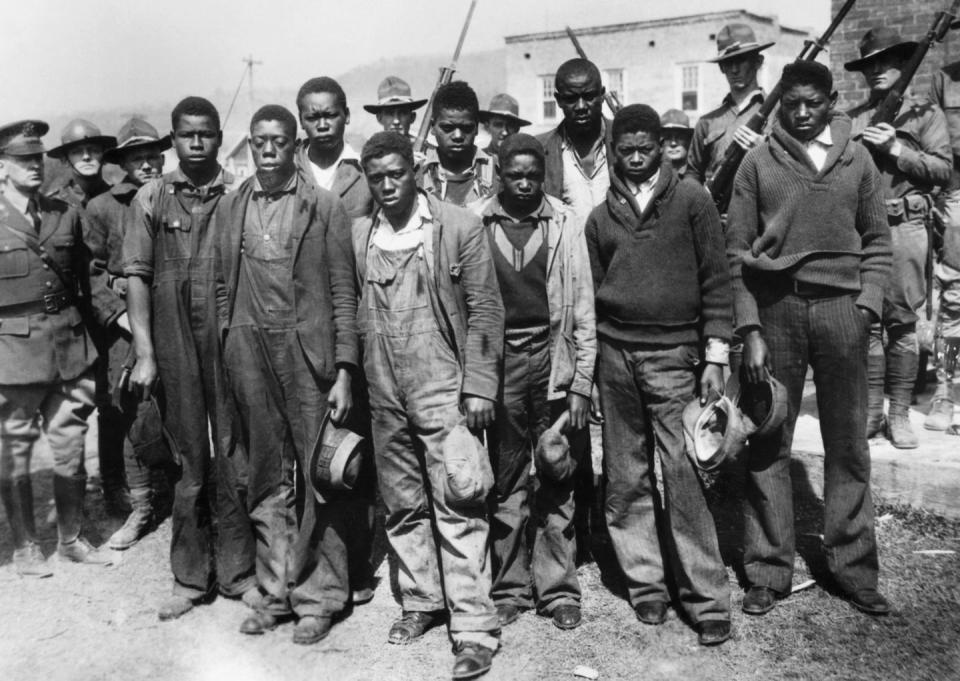
Sex between black men and white women is one of America's most dearly held taboos. And it's a result of the caustic brew of the racist fantasy of black hypersexuality and the misogynistic preoccupation with the sanctity of white women's "purity." That has made the rape of a white woman by a black man one of the country's most serious crimes.
The specter of such rape was a catalyst for the lynching, imprisonment, and execution of innocent black men throughout American history. Fifty years after Emmett Till was murdered, Carolyn Bryant admitted that the teenager had never sexually harassed her. Donald Trump called for the death penalty for the black and Latino boys of the Central Park Five, who spent years in jail before being exonerated in the rape for which they'd been charged.
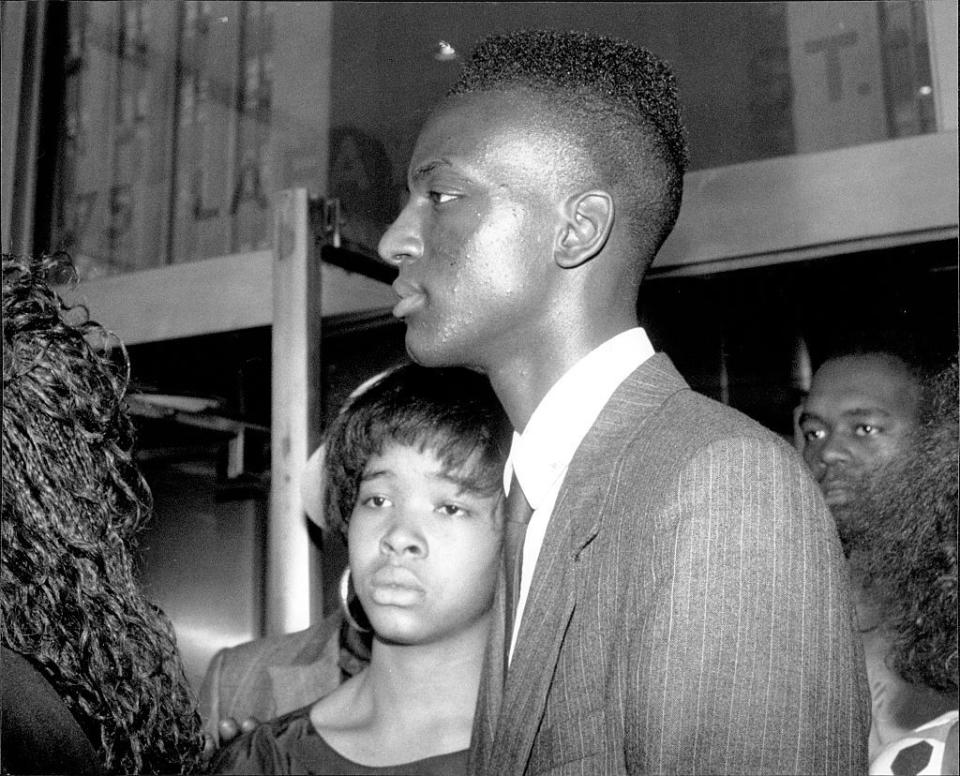
False rape accusations and convictions are very, very rare. Eighty percent of sexual assaults are never reported to authorities, while only between 2 and 10 percent of reported accusations turn out to be false. This means that for every falsely reported incident of sexual assault there are hundreds of real rapes, and victims, particularly black women, struggle to be believed. But among the few men who are today falsely convicted of rape, black men are still massively overrepresented. "We’ll never quite know how many black lives were lost as the result of false rape accusations," Lemieux said. "And with that, there’s a trauma that black people have carried around rape."
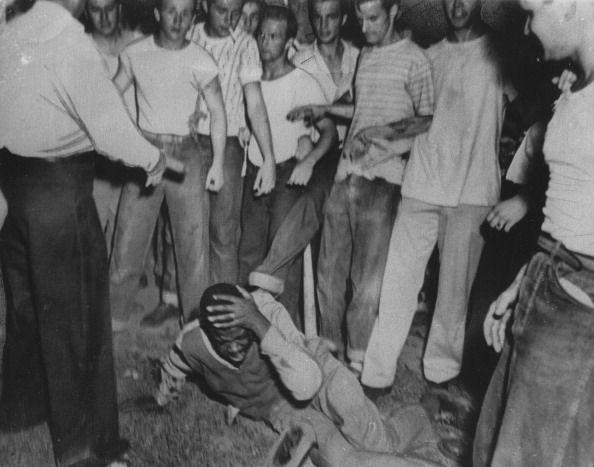
That trauma, she added, has "cost us so greatly that we have not been able to adequately recognize or cope with instances in which a black man has been a perpetrator of sexual violence." And because most rape occurs within, not between races, many of the victims of this collective trauma have been black women like Kelly’s accusers, women whose credible accusations of assault were for too long dismissed by segments of a black community forced to grow accustomed to seeing its men falsely accused.
"We immediately go into this protection mode," said Lemieux, "where we have to defend our men against racism, against the system, against the idea of black men being these sexually predatory brutes. But what have we sacrificed?"
There is no excuse for how long it took for R. Kelly to be muted, and no excuse that his alleged victims have had to fight so hard to be believed. There is, however, a reason, and the Groveland Four is part of that reason. So are the Central Park Five, and the Scottsboro Boys, Emmett Till, Sam Hose, and the lynching victims whose names were lost to time but whose murders traumatized black America.
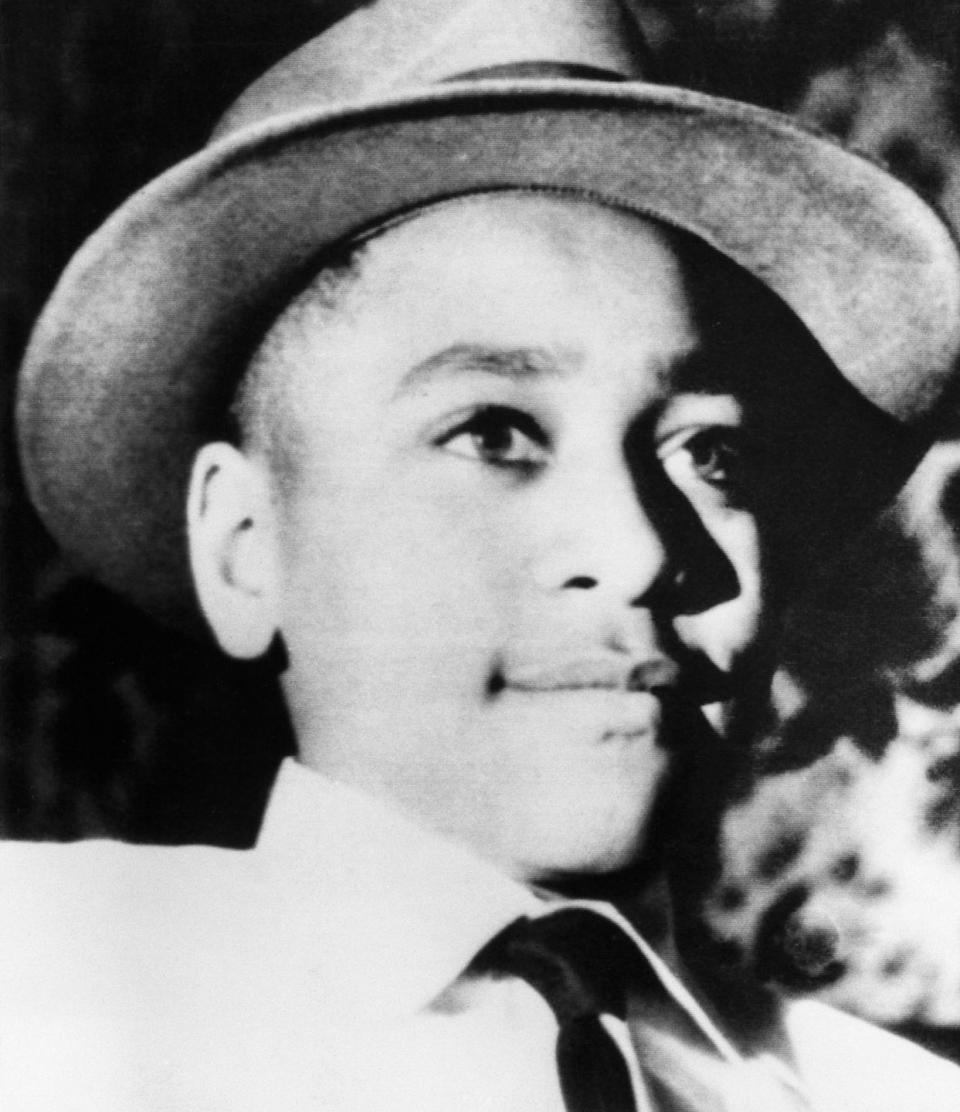
The story of the Groveland Four is a story filled with grainy black and white photographs that signal their familiar nightmare is a relic of a long ago South. But at their pardoning was a reminder of the fact that their story is not that old at all: their accuser. Norma Padgett was 17 when she accused the four men, potentially at the behest of an abusive husband eager to pass Padgett's most recent beating off on easy black scapegoats. She's now a grandmotherly figure who's spent 70 years maintaining that the Groveland Four raped her, an account she reiterated from a wheelchair before the Florida Clemency Board. This story isn't ancient history-it and its legacy are still very much with us.
('You Might Also Like',)

